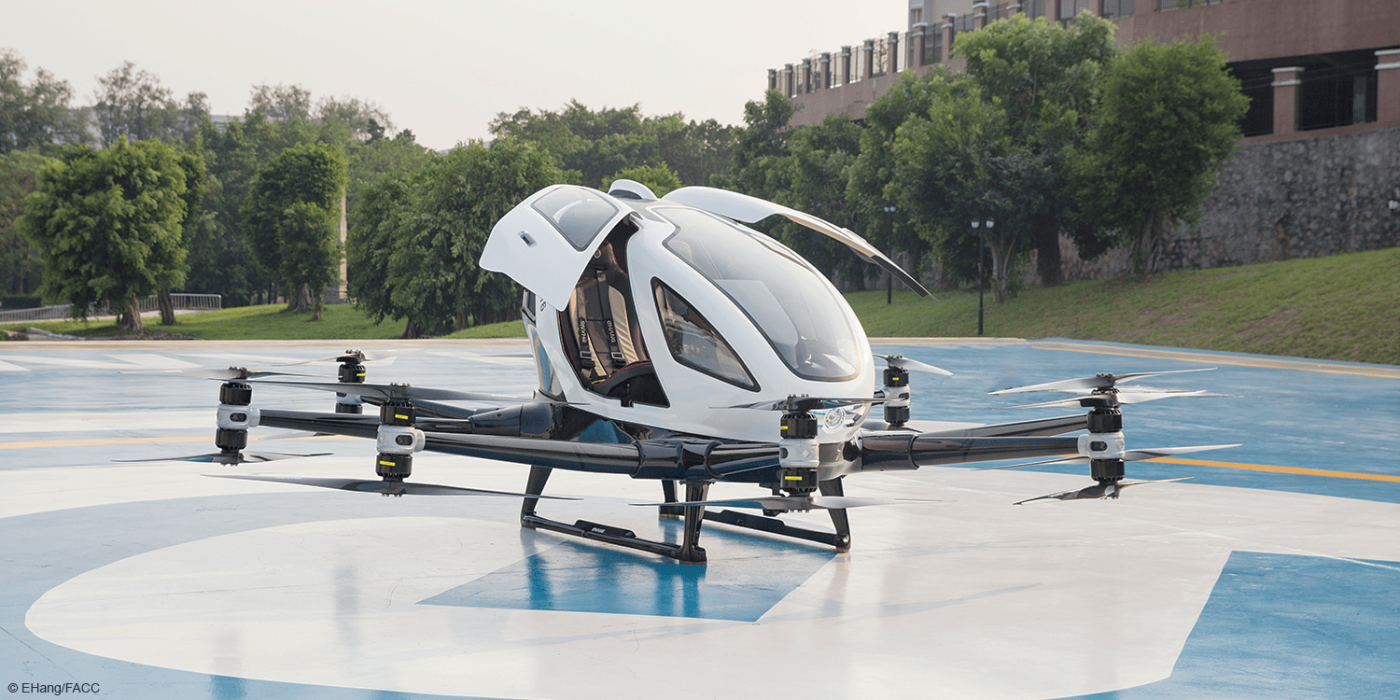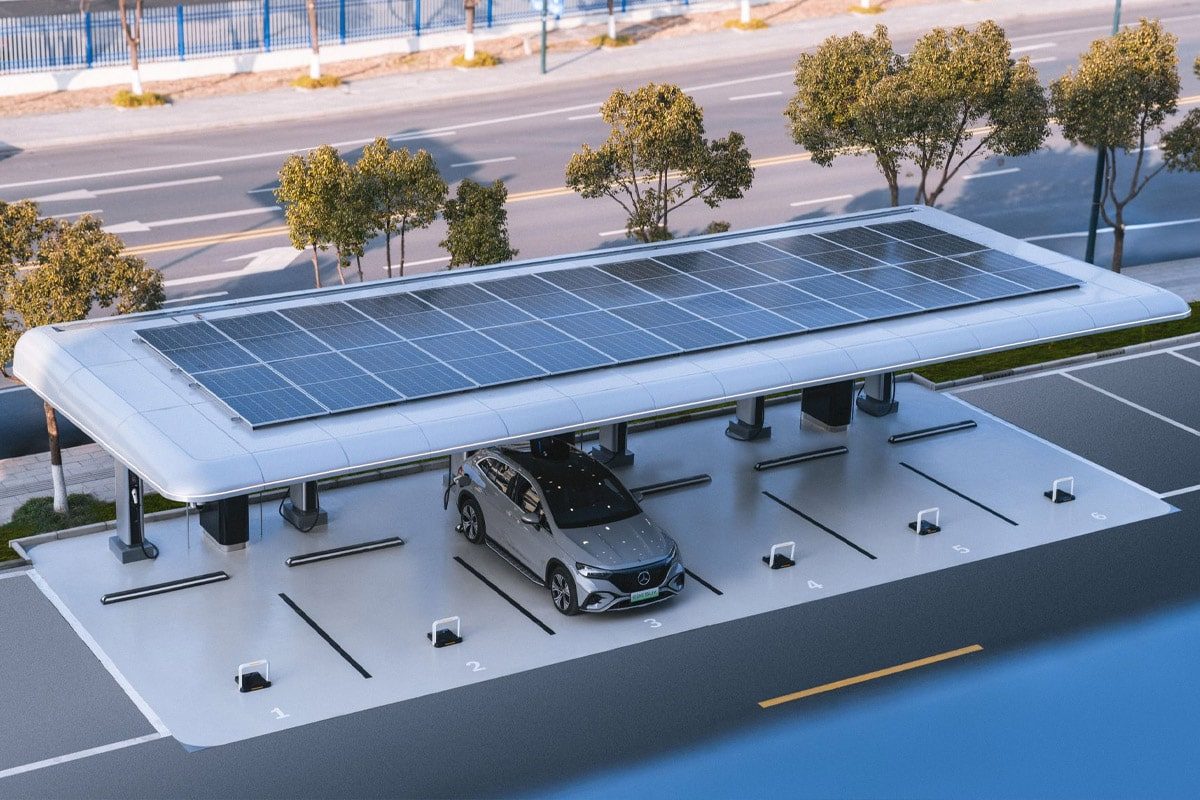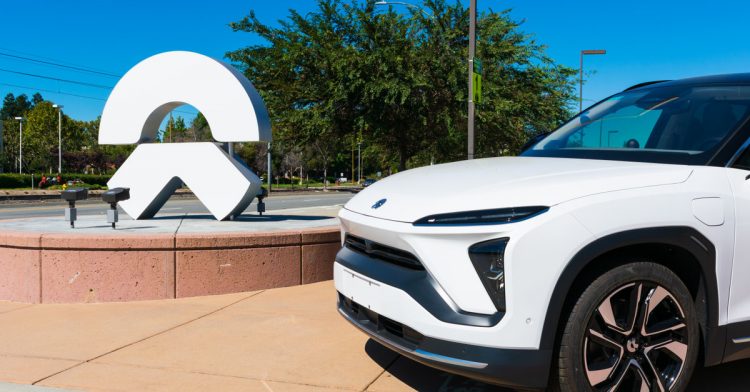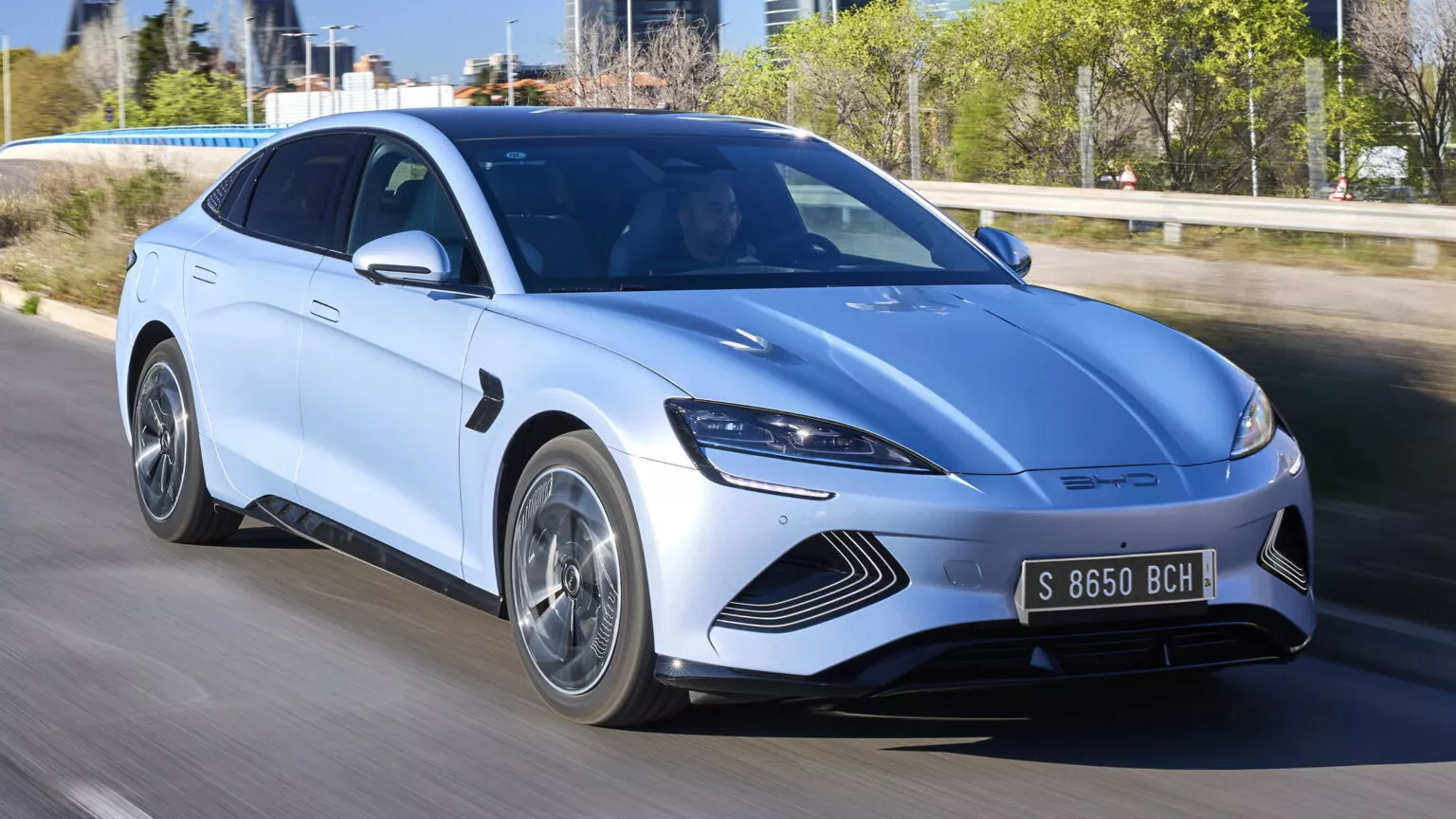Chinese tech giant Xiaomi, known for its extensive range of products including smartphones and smart devices, has made a notable entry into the automotive sector with the launch of the Xiaomi SU7 electric vehicle (EV). This move marks the company’s first step into the electric vehicle market, showcasing its commitment to diversifying its product portfolio.
The Xiaomi SU7 EV has garnered attention for its innovative features, signaling Xiaomi’s ambition to carve a niche in the competitive electric vehicle industry. Xiaomi, under the leadership of CEO Lei Jun, has expanded beyond its roots as a smartphone manufacturer to include diverse products such as air purifiers, hair trimmers, and mousepads.
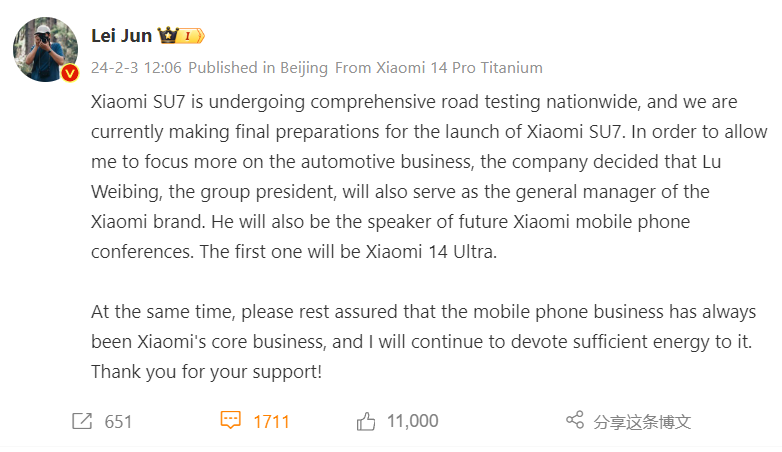
The SU7 model is introduced with two variants, Xiaomi SU7 and SU7 Max, contributing to Xiaomi’s venture into the automotive realm. Lei Jun, in a statement on Weibo, hinted at a strategic shift, emphasizing that the automotive sector is now a primary focus for the company.
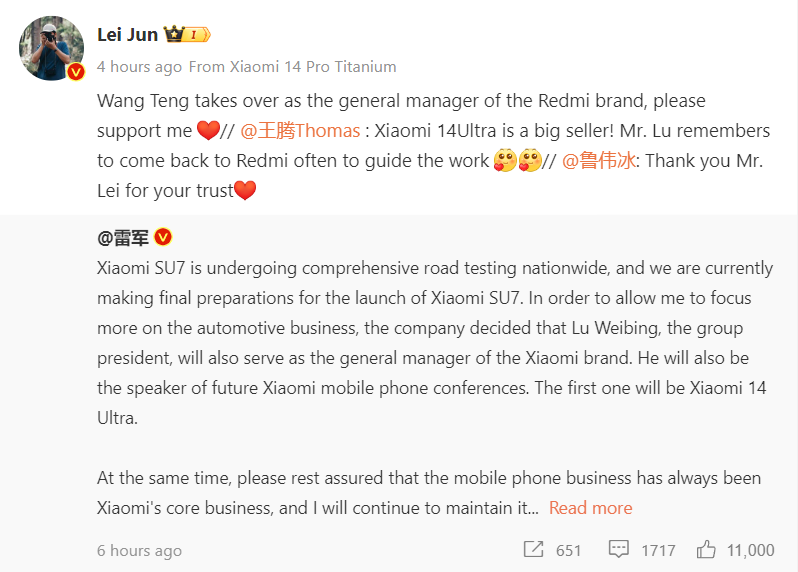
While this change doesn’t imply a complete departure from smartphone manufacturing, Lei Jun’s decision to appoint William Lu as the general manager of Xiaomi and Wang Teng as the general manager of the Redmi brand underscores the company’s evolving priorities. This transition suggests a potential decrease in Lei Jun’s involvement in Xiaomi’s product introduction events.
Lei Jun’s strategic pivot toward electric vehicles indicates a visionary approach, possibly driven by recognizing the promising potential in the electric car sector. Xiaomi, once a rising force in the smartphone market, has become the third-largest phone manufacturer in Asia. The move into electric vehicles positions Xiaomi as a contender in the growing EV market, leaving the future trajectory of the company open to speculation and anticipation.
As Xiaomi continues to diversify its offerings and explore new avenues, only time will reveal the extent of its impact in the electric vehicle sector and its potential trajectory in the evolving landscape of technological innovation.


